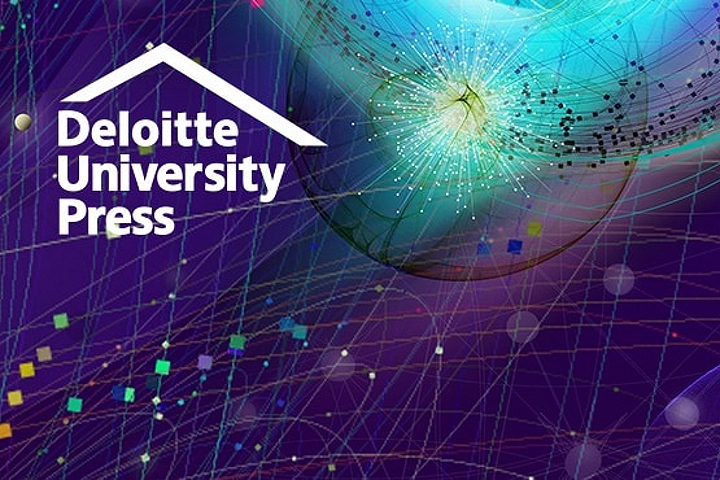COVID-19 Flash Survey Results
The Namibian situation - March/April
The results of our COVID-19 Flash Survey are in. Please download the PDF for the full results, and read our Introduction and Executive Summary below.
Introduction
Considerable uncertainty has clouded organisations around the world since the recent outbreak of COVID 19. Organisations are facing difficult choices with limited information amid rapidly changing scenarios. The rise of COVID 19 has forced organisations into the Fourth Industrial Revolution and has highlighted the need for increased organisational resilience and community well being by embracing virtual collaboration tools and practices. The Future of Work is no longer a concept, but a reality for Namibian organisations.
In an effort to alleviate the impact of the new coronavirus, the Namibian government has implemented increasingly stringent precautionary measures, ranging from a ban on international travel to and from high risk countries and the closure of the majority of the country’s ports of entry, to more recently, a national shutdown for 21 days. Furthermore, the Minister of Finance, honourable Iipumbu Shiimi issued the first phase of the economic stimulus and N 8 1 billion relief package to address the negative economic and social effects stemming from Namibia’s first 21 day lockdown period.
The Bank of Namibia BoN also offered assistance through the reduction of the repurchase ( rate by 100 basis points to 5 25 in an effort to alleviate the strain of COVID 19 on the economy, while maintaining the one to one link between the South African Rand and Namibian Dollar. However, despite the efforts from the Namibian Government and BoN the true economic consequences, both locally and on a global scale, of the COVID 19 outbreak will take some time to be fully felt and understood.
In an effort to help understand the impact of the COVID 19 outbreak in Namibia, Deloitte has undertaken a flash survey in order to provide an account of how organisations are dealing with organisational readiness, leave allocation, travel restrictions and additional precautionary measures. The survey was open from the 30th of March 2020 to the 1st of April 2020. Seventy one companies provided input into this survey in just over forty eight hours, for which we extend our sincere gratitude.
This report outlines the results of the survey which we trust that you will find insightful in this unprecedented time. Please contact our Human Capital team as detailed in the contacts page should you have any queries or concerns.
Executive Summary
The majority of Namibian respondents indicated that their organisation was ill prepared to deal with extreme events like the COVID 19 outbreak. Most organisations’ HR policies do not cater for extreme events like COVID 19 ,however the majority are currently reviewing their HR policies to be better prepared for the future. It is pleasing to note that all respondents' organisations have communicated to staff about the COVID 19 outbreak and most have successfully implemented precautionary hygiene measures.
Strict travel restrictions have been introduced across organisations and many employees are instructed to stay at home despite not being able to perform duties from home Most organisations are applying additional "special leave" during the National lockdown period, yet some organisations are demanding employees to take annual leave or a combination of annual and special leave. Most employees who are self quarantined or had children staying at home before the lockdown, are working from home.
More than 90% of respondents indicated that their organisation has no plans to retrench, and the majority have successfully implemented extraordinary work from home policies in the wake of the COVID 19 outbreak. Organisations that have future proofed their businesses with Future of Work practices, are better positioned to sustain operations and respond quickly to the demands of navigating the unprecedented times we face.
Increasing organisational resilience in the face of COVID 19 requires organisations to be agile and prioritise Future of Work practices to gain resilience. As Deloitte, we are at the frontline of adapting and are committed to assisting our Namibian clients to leverage the three Future of Work levers (workforce and workplace) to create strategies forfuture resilience.
COVID-19 global information hub
Did you find this useful?
Thanks for your feedback
Your feedback is important to us
To tell us what you think, please update your settings to accept analytics and performance cookies.


